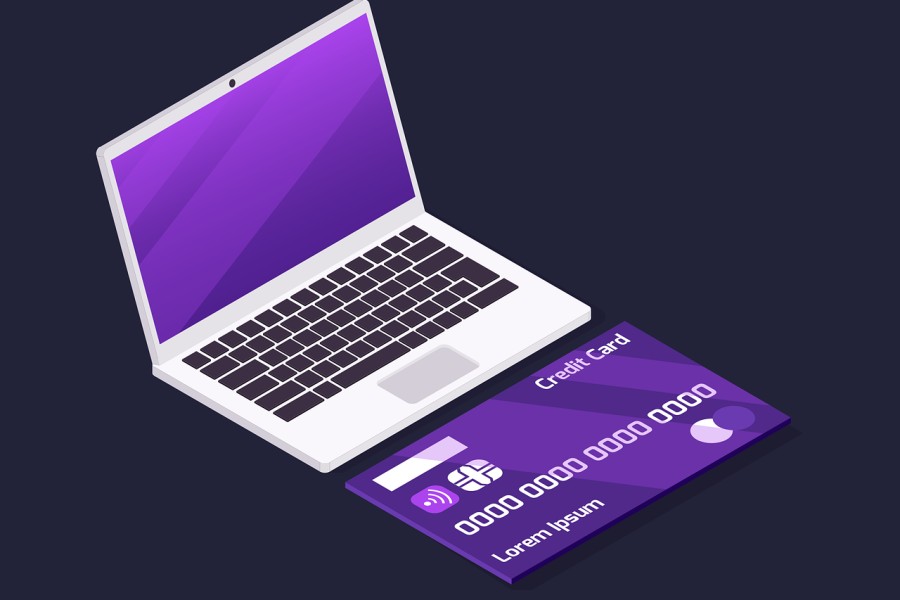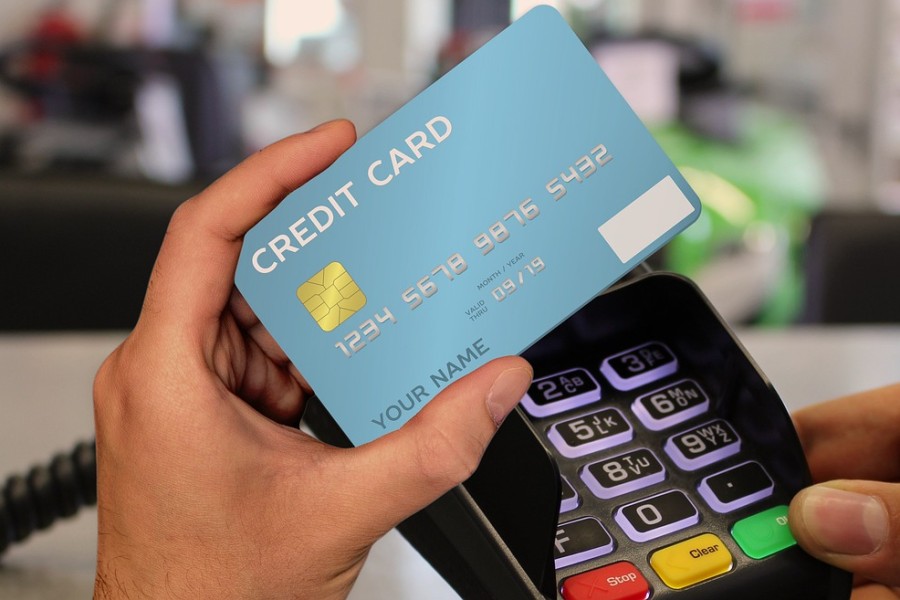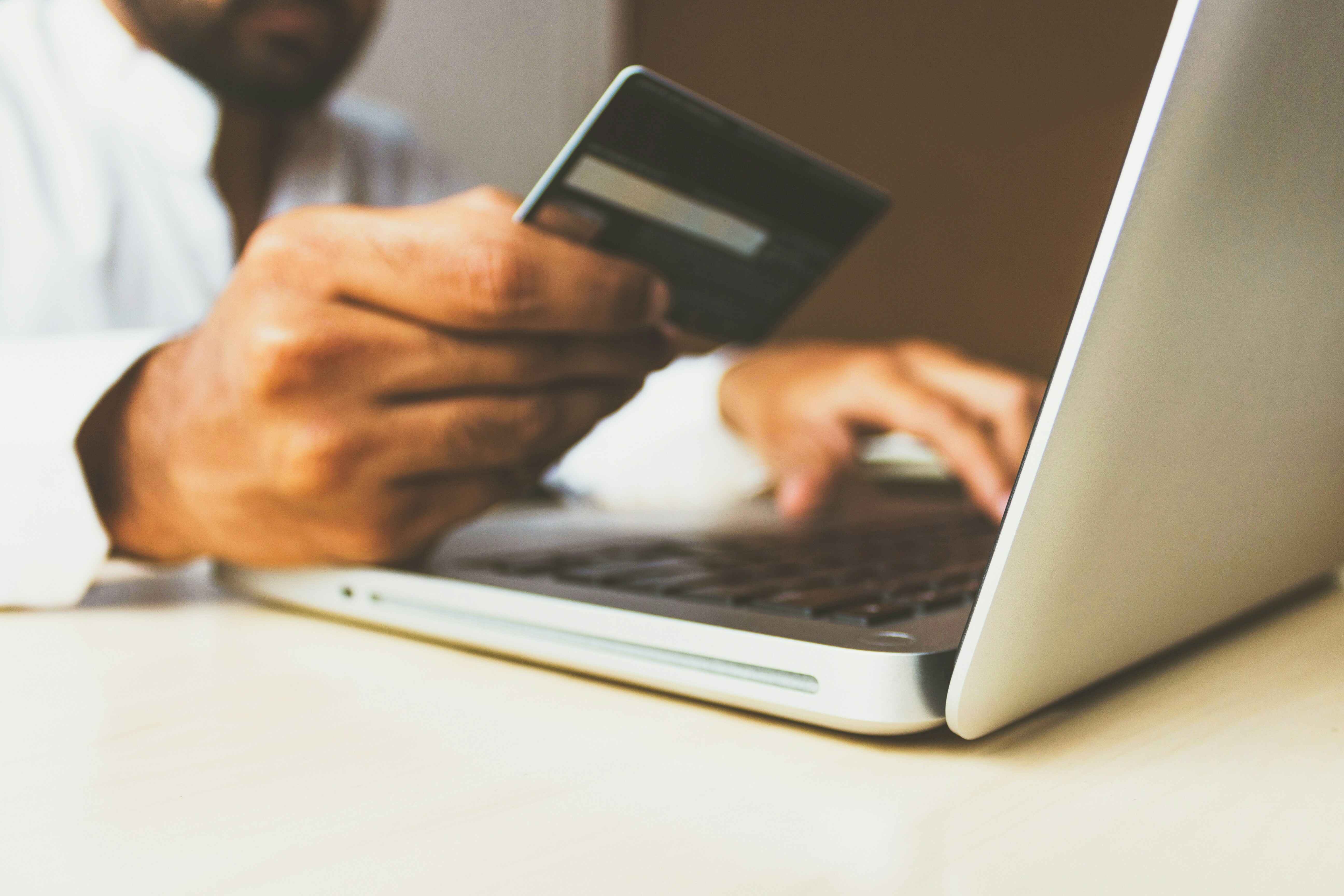Credit cards offer convenience and financial flexibility, however, they require responsible handling. Misusing a credit card can lead to debt, high interest rates, and damaged credit scores. Hence, recognising the signs of incorrect usage can help you take corrective measures to maintain a healthy financial status. Let’s delve deeper into the topic and learn more about these signs.
Spending More Than You Can Afford
One of the biggest signs of misusing a credit card is spending more than you can afford to pay back. If you consistently find yourself unable to pay your credit card bill in full each month, it means you are overspending. This can lead to a cycle of debt that becomes difficult to break.
Carrying a Balance Month-to-Month
Carrying a balance from one month to the next means you’re not paying off your credit card in full. This can result in high-interest charges, which add to your debt. It’s important to aim to pay off your balance every month to avoid these extra costs.
Using Credit Cards for Everyday Expenses
Using credit cards for everyday necessities like groceries or gas can be a sign of financial trouble. If you rely on credit for basic needs, it indicates that you might not have enough cash flow, which can lead to accumulating debt quickly.
Maxing Out Your Credit Limit
Maxing out your credit limit or consistently approaching it is a red flag. It indicates poor credit management and can negatively impact your credit score. Staying well below your credit limit helps maintain a good credit score and financial health.
Missing or Making Late Payments
Missing payments or making late payments is a clear sign of incorrect credit card usage. This not only incurs late fees but also harms your credit score. Setting up payment reminders or automatic payments can help ensure you make timely payments.
Also Read: What is a Contactless Credit Card & How Does It Work?
Only Paying the Minimum Amount Due
Paying only the minimum amount due each month might seem manageable, but it can lead to long-term debt. This practice causes your debt to grow due to interest charges. Strive to pay more than the minimum to reduce your balance faster.
Applying for Multiple Credit Cards Frequently
Frequently applying for new credit cards can indicate financial instability. Each application results in a hard inquiry on your credit report, which can lower your credit score. Limit the number of new credit card applications to maintain a healthy credit score.
Using Cash Advances Regularly
Cash advances from credit cards come with high fees and interest rates. Regularly using cash advances is a sign of financial distress and should be avoided. Look for other options like personal loans, if you need quick cash.
Ignoring Credit Card Statements
Ignoring your credit card statements is a sign of poor financial management. Reviewing your statements regularly helps you track your spending, identify errors or fraudulent charges, and manage your budget effectively.
Also Read: What is Credit Card Skimming and How to Avoid It?
FAQs
1. What happens if I can’t pay my credit card bill in full?
If you can’t pay your credit card bill in full, interest will be charged on the remaining balance. This can quickly add up and increase your debt.
2. Is it bad to use my credit card for small purchases?
Using your credit card for small purchases isn’t bad if you can pay off the balance each month. However, using it for everyday expenses can lead to overspending.
3. How does missing a payment affect my credit score?
Missing a payment can significantly lower your credit score and result in late fees. It’s important to make at least the minimum payment on time to avoid this.
4. Can I get out of credit card debt if I only pay the minimum amount?
Paying only the minimum amount will make it very difficult to get out of debt. You’ll continue to accrue interest, so it’s better to pay more than the minimum whenever possible.


 Get App
Get App  Airtel Store
Airtel Store  Login
Login 



